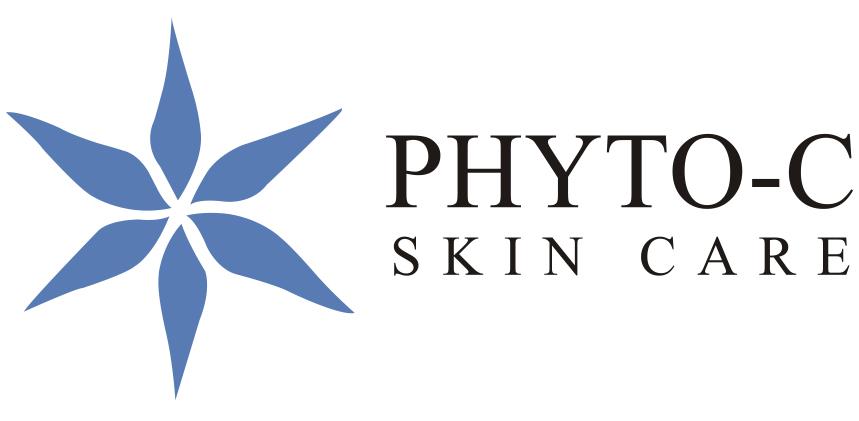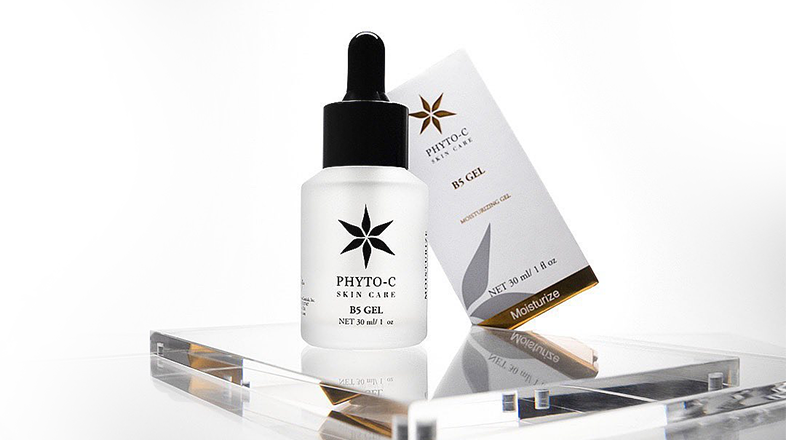Skin Discoloration

Skin discoloration is an umbrella term that encompasses several skin conditions. Vitiligo, melasma, and age spots are among a few common skin discoloration conditions, but skin discoloration can also be the result of inflammation, hormonal changes, and excess sun exposure. among many distinct skin conditions. Skin discoloration causes dark patches to form and may be prevalent for a long time or even permanent.
There are many skincare products with specific ingredients that can help reduce and prevent the appearance of skin discoloration.
Understanding Skin Discoloration
Common symptoms of skin discoloration include:
- Dark spots
- Patches on your skin that are black or purple
- Lightening or darkening on some parts of your skin
- Skin feels painful and inflamed
- Cysts underneath your skin
- Acne scars
Skin discoloration is often the result of scars left behind by acne. When pimples develop, the body’s natural response is to release more melanin than usual to heal the inflammation caused by the acne. This increased melanin can lead to dark spots and dark patches, resulting in discolored skin.
Inflammation of the skin is one of the main causes of skin discoloration. When acne lesions such as blackheads, whiteheads, pimples, cysts, papules, and pustules spread deep into the skin, there is an increased risk of developing dark patches. One suggestion is to avoid popping, squeezing, or picking at acne. This will increase trauma to the skin and potentially result in skin discoloration.
Popular Products for Skin Discoloration
Products with vitamin C, AHA (Alpha Hydroxy Acids) such as glycolic and salicylic acids, and vitamin A are useful to prevent skin discoloration. Vitamin C has brightening properties to help lighten dark spots. Glycolic and salicylic acids act as exfoliants, removing dead skin cells and reducing the appearance of acne.
Below is a regimen we recommend for skin discoloration:
Step 1: Mask, Cleanse and Tone
- Phyto-C Soothing Cleanser
- Phyto-C Balancing Toner
- Phyto-C Whitening Mask
Step 2: Vitamin C Antioxidant
- Phyto-C Supreme Serum
Step 3: Clinical Strength Brightening Gel
- Phyto-C Phyto Plus Gel
Step 4: Moisturize
- Phyto-C B5 Gel or Phyto-C Moisturizing Cream
Step 5: Apply Sunscreen
Common Skin Discoloration FAQs
- What is the difference between acne scars and skin discoloration?
Acne scarring are caused primarily by popping or squeezing. Although squeezing and popping still increase the chances of skin discoloration, skin discoloration is primarily caused by inflammation and trauma caused by acne lesions to your skin. The treatment for acne scars and skin discoloration are different.
- How long does it take to treat skin discoloration?
The first step in treating skin discoloration is identifying the cause behind it. Lessening the appearance of skin discoloration usually takes about 6 to 12 months to fade naturally. With the right treatment, however, the skin discoloration treatment process can be expedited.
- How do I brighten and even out my skin tone and complexion?
Regular exfoliation can brighten skin and prevent it from looking dull and uneven.
Get Advanced Skin Discoloration Treatment Products from Phytoceuticals, Inc. Today
Phytoceuticals, Inc. was founded in 1995 and is recognized internationally as a leader in natural product chemistry skin and health care products. We invented the topical Vitamin C (L-Ascorbic Acid) formulations, for which we were awarded the following grants: NCI Grant #1 R43- CA83538-01A1 and NCI Grant #1-R43-CA94484-01. All our products are hand inspected using a six-point quality control assurance system, giving you peace of mind when you use them.
If you have any questions about our skin care products for age spots, do not hesitate to contact us today. You may also call Phytoceuticals, Inc. at 1-877-4-PHYTOC or send an email to info@phyto-c.com



